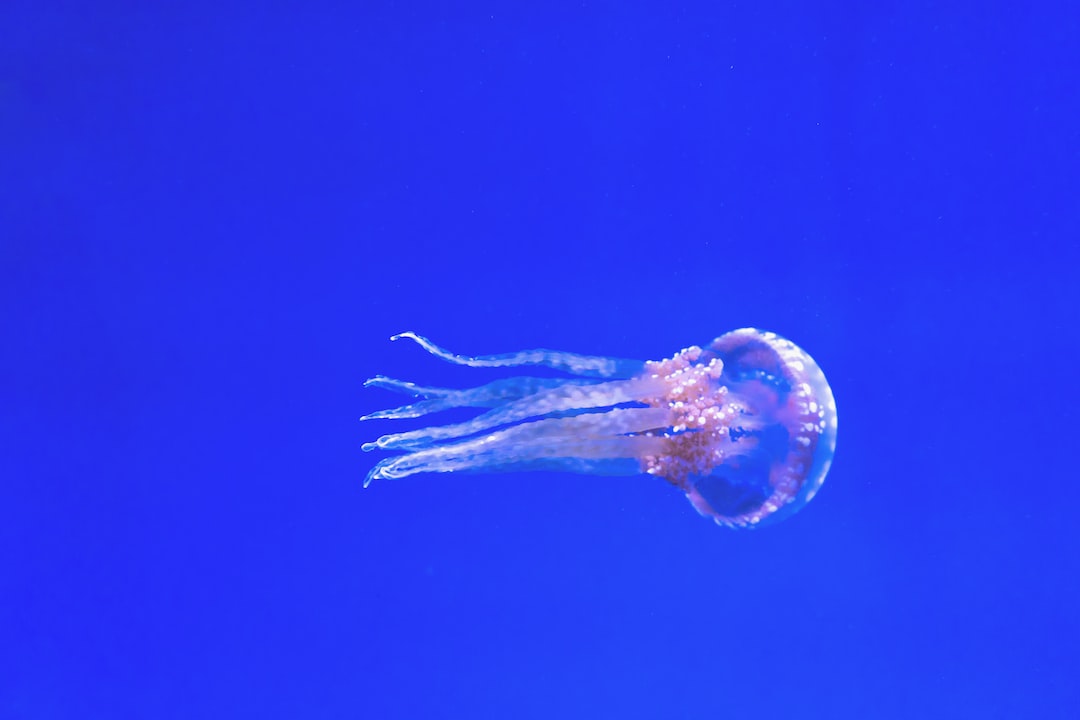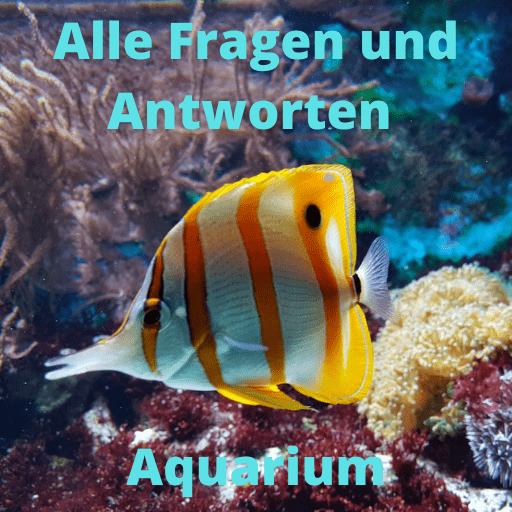22 Informative Informationen zu Is Fish Waste Enough For Aquarium Plants?

- 22 Informative Informationen zu Is Fish Waste Enough For Aquarium Plants?
- Can fish poop be used as fertilizer?
- What nutrients does fish poop have?
- Does fish help plants grow?
- What do aquarium plants need to thrive?
- Why do my plants keep dying in my aquarium?
- Do aquarium plants eat fish waste?
- Is fish waste high in nitrogen?
- Is dirty aquarium water good for plants?
- What can fish waste be used for?
- What happens to fish waste?
- What is fish poop called?
- How often do aquarium plants need fertilizer?
- How do you fertilize aquarium plants naturally?
- When should I fertilize my aquarium plants?
- How do aquarium plants get nutrients?
- Can you have too many live plants in aquarium?
- How do I make my aquarium plants greener?
- What type of substrate is best for aquarium plants?
- Does fish food feed aquarium plants?
- Do you need CO2 to grow aquarium plants?
- Why is my anubias dying?
Can fish poop be used as fertilizer?
This farming method uses fish poop to fertilize crops, feed urban communities, and protect the planet. At Oko Farms, produce is grown through a process called aquaponics, where freshwater fish are raised in one tank and their waste is transported to another that contains crops, fertilizing them.
What nutrients does fish poop have?
Fish waste contains nitrogen and minerals that could support the growth of lactic acid bacteria (LAB), making it a good candidate as the nutrient source for lactic acid fermentation.
Does fish help plants grow?
Fish makes a very good natural fertilizer for nitrogen and trace minerals. In fact, it works so well that many Native American horticulturalists buried a fish at the base of each crop plant.
What do aquarium plants need to thrive?
There are four main things that aquarium plants need in order to live – water, light, nutrients, and carbon dioxide.11.11.2015
Why do my plants keep dying in my aquarium?
When your aquarium plants are turning black or dying, the first things to consider are a deficiency of nutrients, water quality problems or a lack of sufficient light to support plant growth.26.07.2021
Do aquarium plants eat fish waste?
The waste is toxic to the fish but is a rich fertilizer for the plants. As the plants absorb the nutrients, the water is purified for the fish. The clean water can then be recycled to the fish tank.21.03.2014
Is fish waste high in nitrogen?
Diagram courtesy of ECOLIFE Conservation. Fish poop into the water they live in. That poopy water is high in nitrogen, which is an essential nutrient for plants. Plant roots take up nitrogen from the water, purifying it and leaving it clean enough for fish to live in.10.05.2017
Is dirty aquarium water good for plants?
Using Aquarium Water to Irrigate Plants
“Dirty” fish tank water isn’t healthy for fish, but it’s rich in beneficial bacteria, as well as potassium, phosphorus, nitrogen, and trace nutrients that will promote lush, healthy plants. These are some of the same nutrients you’ll find in many commercial fertilizers.05.01.2021
What can fish waste be used for?
By marrying the seafood and agriculture industries, using fish waste to produce fertilizer opens new markets. The organic fertilizer can be sold to commercial growers of soybeans, potatoes, corn and wheat and to retail businesses such as golf courses and lawn and garden centers.
What happens to fish waste?
Fish waste may include, but is not limited to, particles of flesh, skin, bones, entrails, shells or liquid stick water. Fish wastes degrade rapidly in warm temperatures. If not appropriately stored or managed, fish wastes create aesthetic problems and strong odors as a result of bacterial decomposition.20.09.2021
What is fish poop called?
What is fish poop called? Though many people will refer to fish poop as “detritus”, this is actually a general scientific term for the dead particular organic substances originating from fish. It may include the fragments of dead matter from fish organisms, as well as the fish fecal materials.
How often do aquarium plants need fertilizer?
If your aquarium has medium to high light, then dose two to three times a week. The key is to use a test strips to measure your tank water and aim for 50 ppm of nitrates. It’s as simple as that.
How do you fertilize aquarium plants naturally?
Here’s how to create DIY aquarium fertilizer:
Fill an empty one-liter bottle with distilled water.
Add your dry salts to the water bottle.
Dose your aquarium based on the aquatic environment.
Add trace minerals to the tank, if needed.
Switch out 50 percent of the tank’s water weekly.
Test your water weekly.
When should I fertilize my aquarium plants?
The short answer is that you should start dosing water column fertilizers as soon as you have plants in the new tank and no later.
How do aquarium plants get nutrients?
Most of the nitrogen and phosphorus comes from fish food and waste, however, minerals must be added to the aquarium on a regular basis. Depending on plant species, nutrients are taken in through leaves, roots or both.
Can you have too many live plants in aquarium?
Generally, an aquarium can not have too many plants. As long as your fish have space to swim, you can’t really overdo plants. Even thick plant cover simulates the natural habitat of many fish, especially small community species like livebearers that are typically prey in nature.03.10.2020
How do I make my aquarium plants greener?
Lighting is often overlooked as many tank owners turn off the aquarium lights before bed or when they leave the house to save energy. Leave the light on and watch your plants grow and remain green. Keep your aquarium plants from dying by meeting their needs.
What type of substrate is best for aquarium plants?
The best substrate for most planted aquariums is CaribSea Eco-Complete Planted Aquarium Substrate, which is easy to use and contains a good initial balance of macronutrients. We also like Seachem Flourite, though it may take some rinsing before use.21.03.2022
Does fish food feed aquarium plants?
Fish food contains an array of nutrients and proteins. These nutrients can also be useful to plants as a fertilizer. Fish food doesnt directly provide nutrients to the plants, but by secondary action whereby bacteria firstly breaks down the fish food into the available nutrients for plants to use.
Do you need CO2 to grow aquarium plants?
CO2 is arguably the most important element in the planted aquarium. It is required for respiration and growth by all aquatic plants, used in a process called photosynthesis. Plants require a constant supply of CO2 during the light hours, otherwise they can suffer.
Why is my anubias dying?
What Causes Anubias Rot? Researchers have yet to find a definitive cause for anubias rot. Current theories are that it’s caused by a bacteria or fungus, but it’s hard to determine since sometimes the plant is weakened by an initial infection and then a secondary pathogen takes advantage of the situation.
Ich hoffe euch hat der Post zu Is Fish Waste Enough For Aquarium Plants? gefallen.
Falls ihr mehr über das Thema erfahren wollt – klickt die Links
Interessante Links zum Thema
Wikipedia Artikel zu Aquarium
Wikipedia Artikel zu Is fish waste enough for aquarium plants?




